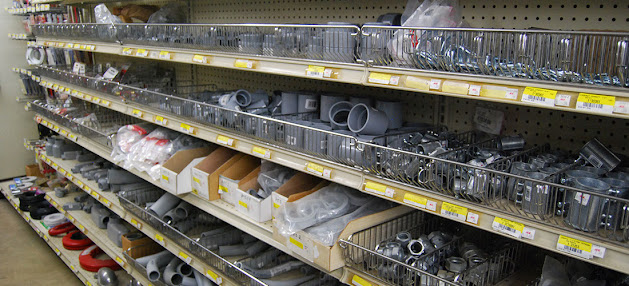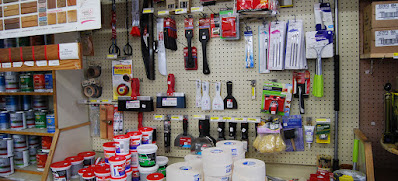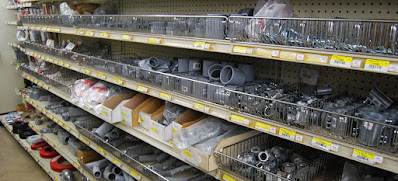How to Buy the Right Electrical Wiring and Cables for Your Building?
When it comes to electrical installations in buildings, choosing the appropriate wiring and cables is crucial. The electrical wiring system forms the backbone of any structure, ensuring safe and reliable power distribution. But, yes, there's a but! The market has a number of options for electrical building supplies that make the purchase decision an overwhelming experience.
This blog takes you through essential factors to consider when choosing electrical wiring and cables for your building.
Know Your Building's Requirements
You can streamline the selection process by understanding the specific requirements of your building. Three parameters define the building requirements: building type, electrical load, and local electrical codes.
Choose the Right Wiring Type
Every application requires a unique wiring type, which can be used to find the correct wiring type. The most commonly used wiring types are non-metallic sheathed cable, armored cable, and conduit wiring.
NM cable, or the non-metallic sheathed cable, is used mainly in residential buildings. The armored cables are primarily used in commercial and industrial settings. In contrast, the conduit wiring is used in insulated conductors that can be installed in harsh environments, industrial settings, and outdoor installations.
Consider Cable Sizing and Ampacity
It is essential to determine the correct cable size and ampacity to ensure efficient power transmission and prevent overheating and electrical hazards. The critical factors to consider here are voltage drop, ampacity, and wire gauge to ensure you are buying the correct wire and it is leading to satisfactory performance.
Prioritize Safety and Durability
The main factor to consider while buying electrical wiring and cable should be safety. Look for products that will ensure the safety of property inhabitants or visitors. Consider the following safety aspects:
Insulation quality is crucial in preventing electrical leakage, short circuits, and fire hazards. Ensure the wire has suitable insulation materials.
Look for cables and wires with flame-retardant properties to reduce the risk of fire propagation if there is an electrical overload.
If the installation is in a wet or corrosive environment, install wires and cables that are built to withstand the external environment and conditions.
Consult with Professionals
Suppose you are unsure about which wire to buy. In that case, you can always go to a qualified electrician or electrical engineer who can assess your building needs and offer you the best solutions and references to meet your safety and performance goals.
In Conclusion
Keep the shared points in mind while selecting the wiring and cables for your building. If you are unsure about from where you want to source these products, you can visit Murfreesboro Hardware LLC, an ace hardware store in Murfreesboro.




Comments
Post a Comment